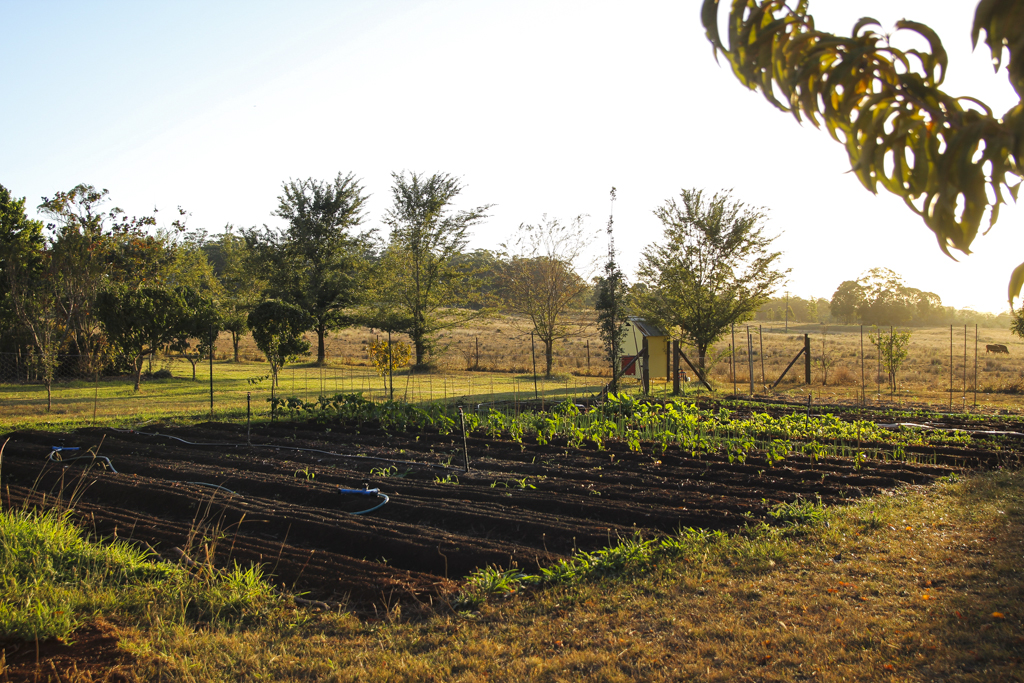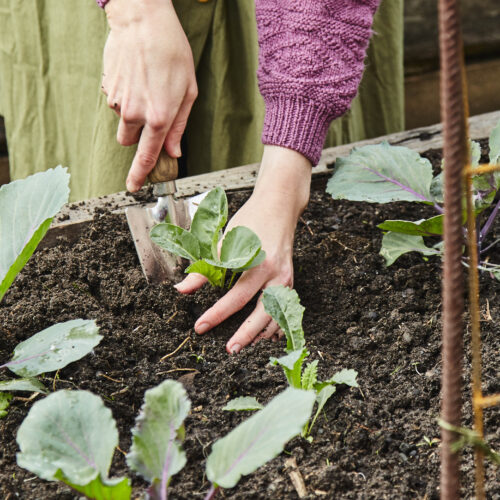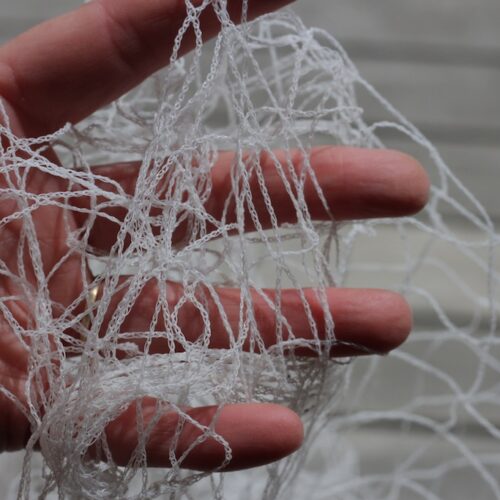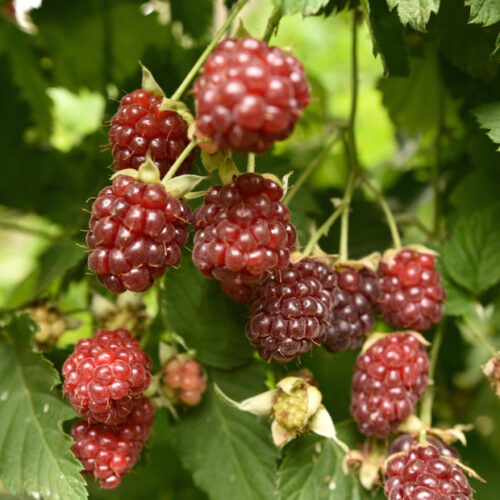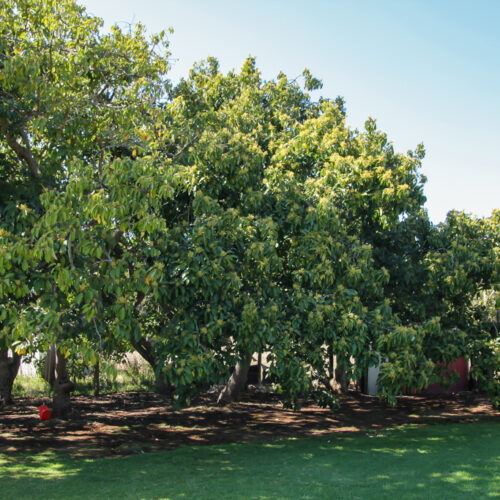Grow like a boss
2015-05-25T04:44:53+10:00
JUSTIN RUSSELL celebrates 16 years of food growing by sharing his one fundamental principle for gardening success.
This month marks 16 years since I started growing food. I know the rough date because it coincides with a gardening festival in Toowoomba called Gardenfest, an event that has been running for at least a couple of decades and is always held at the start of May. The reason I can trace the start of my gardening journey back to 1999 is that my wife and I, who were newly married the year previous, won a dozen bales of hay in a raffle. We used them to build a permaculture style no-dig garden and the rest, as they say, is history. Growing food is something I hope to do until the day I become compost or ashes (I’m still not sure which I’d prefer).
Looking back, it amazes me how far I’ve come as a gardener in little more than a decade and a half. When I started out I was very amateurish, growing food solely for the love of it and making lots of very basic mistakes. Today, I’m even more passionate about growing food, but the mistakes have become progressively fewer as my skills have become more refined.
I’m hardly perfect, mind you. I don’t think I’ll master the art of food gardening in my lifetime. I reckon you’d need a few lifetimes to really figure out the complexities of growing food. The first would be to make lots of mistakes and remedy them. The second would be spent learning to think like a plant. And the third would be to master the craft, and perhaps reach some kind of horticultural nirvana. Having said that, 64 seasons’ worth of experience has to count for something and I want to share with you the most important lesson I’ve learned about producing good organic food.
It’s simple: Every harvest must be compensated. Probably the most common complaint I hear from beginning gardeners is that their first few growing seasons are surprisingly brilliant, but after a year or two, growing food becomes difficult. Pests creep in. Diseases become endemic. Plants grow smaller and weaker than they did in previous seasons.
The reason people hit a gardening brick wall is that they fail to understand the harvest/compensation principle. Think of a new garden like a newly opened bank account. You start with a healthy balance, but every time something is harvested, be it a salad leaf or an apple, you make a withdrawal of nutrients from the soil. Money doesn’t grow on trees, and nutrients don’t materialise from thin air. To bring your nutrient balance back to its starting value, you need to make deposits that compensate for every single withdrawal. If you continually make withdrawals without making deposits, you’ll finish up with a unhealthy soil balance that fails to support continual growth.
Make sense? Deposits are things like fertilisers, compost, rotted manure, green manure crops and rock minerals. The best time to bank them is just after a spent crop is pulled from the ground, and before a new crop is planted. A good rule of thumb is to focus on making big soil deposits just before the start of each major growing season, which in most areas will be just before spring and autumn. Smaller deposits can be made as part of your crop rotation to provide a quick boost to your soil bank balance.
So there you have it. Sixteen years of growing experience compressed into a single tip. Compensate every harvest and your garden will thrive for many decades to come.

